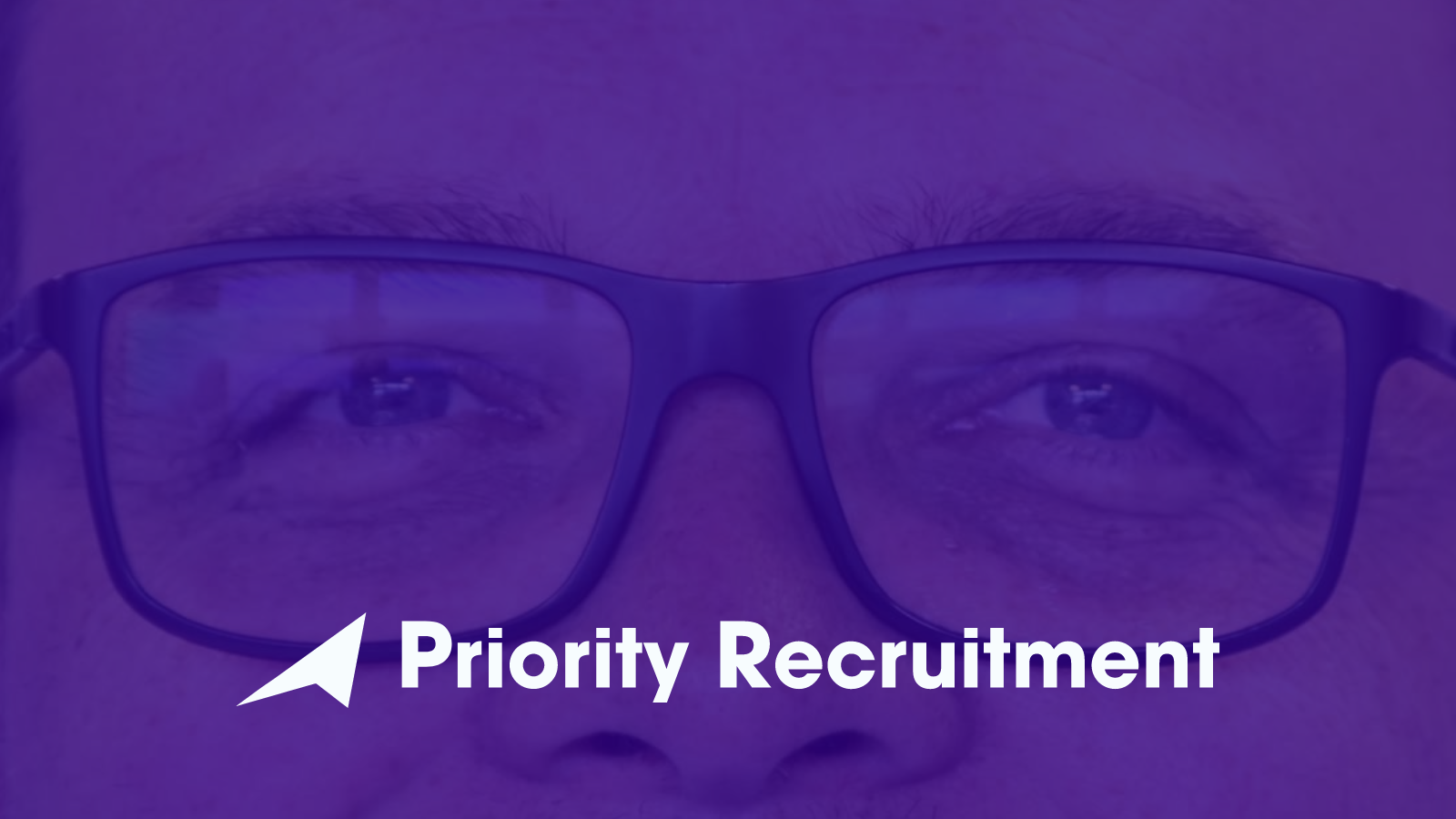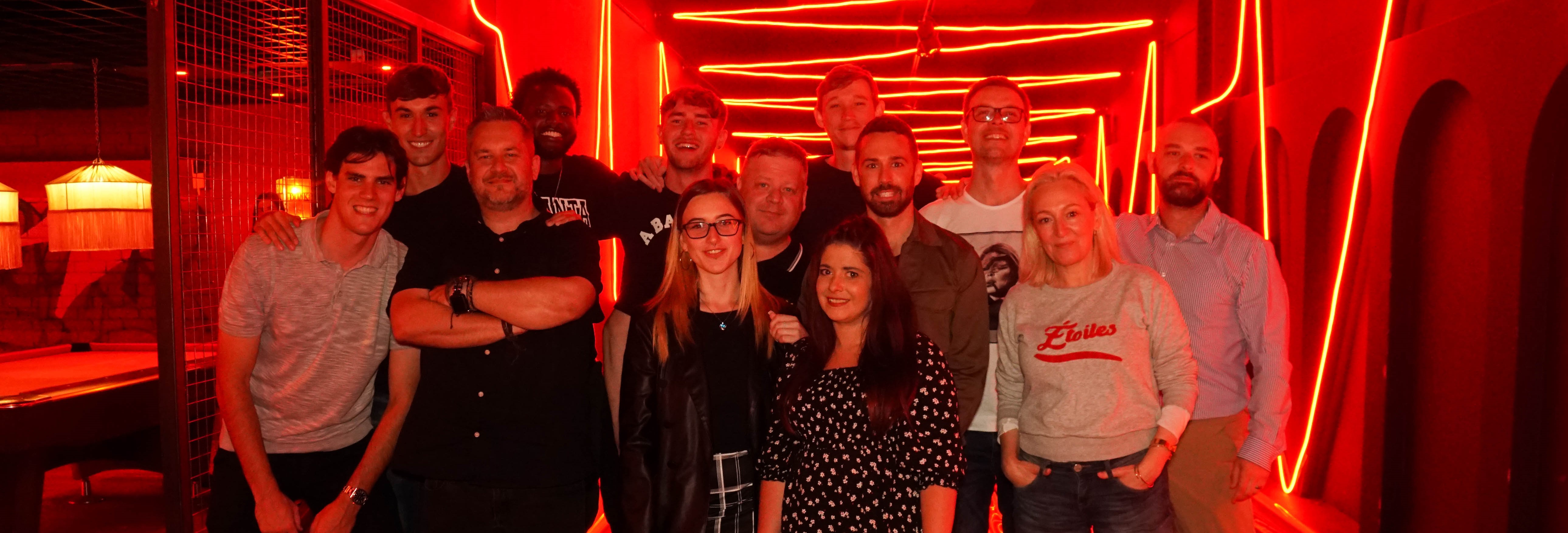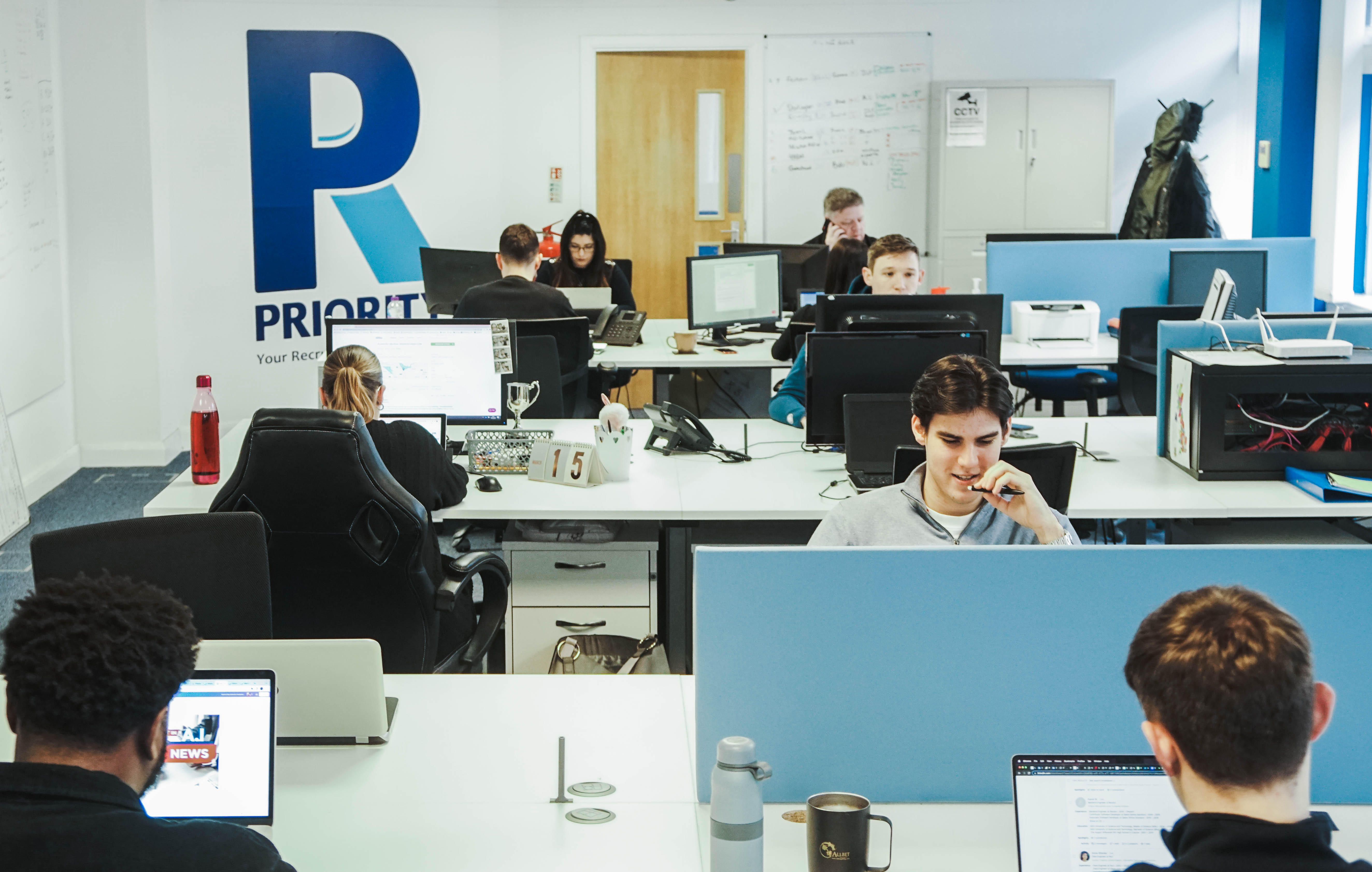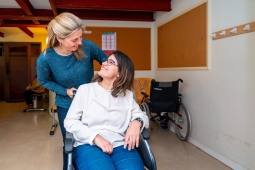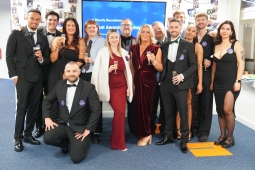Neurodivergence in Recruitment: Why Different Ways of Thinking Matter
Written by Angel Goodman
As a recruitment resourcer in healthcare, I spend my days speaking to candidates, learning about their skills, and helping them secure their next role as a support worker. Alongside this, I also bring something very personal into my work: my neurodivergence.
I choose to be open about being a neurodivergent recruiter because it shapes how I experience the world and how I work with people. Neurodivergence can come with challenges, from difficulties with organisation to navigating environments that aren’t always designed to be inclusive. But it also brings unique perspectives that can add real value to recruitment.
What Neurodivergence Looks Like in Recruitment
Neurodivergence covers many different conditions, such as autism, ADHD and dyslexia. Everyone’s experience is different. For some, it means facing barriers in workplaces that weren’t built with them in mind. For others, it may bring heightened creativity, attention to detail, or new ways of solving problems.
In my own role, neurodivergence influences how I connect with people. I tend to pick up on details others may miss, and I bring a genuine sense of empathy to conversations. Recruitment is about people, and my perspective allows me to see beyond what’s written on a CV.
The Value of Neurodivergent Recruiters
Being neurodivergent doesn’t mean every day is easy, but it does shape strengths that are hugely valuable in recruitment:
- Focus and commitment: When I’m working on a role, I can give it my full attention and explore every option until I find the right fit.
- Different perspective: I often spot qualities or potential in candidates that aren’t obvious at first glance, helping me match them with roles where they’ll thrive.
- Empathy and relatability: Many candidates I work with are caring for individuals with additional needs. My own experiences help me connect with them on a more personal level.
- Authenticity: I try to bring honesty and openness into every conversation, and that helps build trust with candidates.
Supporting Neurodivergent Candidates
In healthcare recruitment, I often speak to support workers who are neurodivergent themselves. For many, the job search can feel more daunting than it should. Application processes are often rigid, and interviews can put people at a disadvantage if they don’t allow for different communication styles.
That’s why I take extra care to adapt the way I work with candidates. Here are some of the steps I use to make the process more supportive:
- Ownership of scheduling: I give candidates the option to book their own calls at times that suit them best. This helps reduce demand avoidance and removes the anxiety that comes with unexpected phone calls. It means candidates can come into the conversation feeling ready, confident, and able to show their best self.
- Phone-based recruitment only: All my candidate conversations happen over the phone. This removes the pressure of in-person meetings, avoids the discomfort of eye contact, and means candidates don’t feel they have to “mask.” Instead, they can relax and be themselves.
- Preparation calls: Before any interview or next stage, I run preparation calls. These are essential for reducing the fear of the unknown. By walking through what to expect, I help candidates feel prepared and able to create a plan that works for them.
These adjustments may sound small, but they make a huge difference. They help candidates feel included, respected, and supported through the recruitment process, rather than having to navigate barriers that were never designed with them in mind.
Why Representation Matters
Neurodivergence in recruitment matters because it brings more than just a different way of thinking. It brings lived experience and empathy. Having recruiters who understand barriers firsthand makes the industry more inclusive for everyone.
At Priority Recruitment, we know the best teams are built when all voices and perspectives are included. Whether you’re a candidate looking for your next support worker role or someone considering recruitment as a career, neurodivergence has a place here.
If you're a support worker looking for your next opportunity, get in touch with Angel today!
Angel Goodman
Email: angel@priorityrecruitment.co.uk
Telephone: 07874 864568
